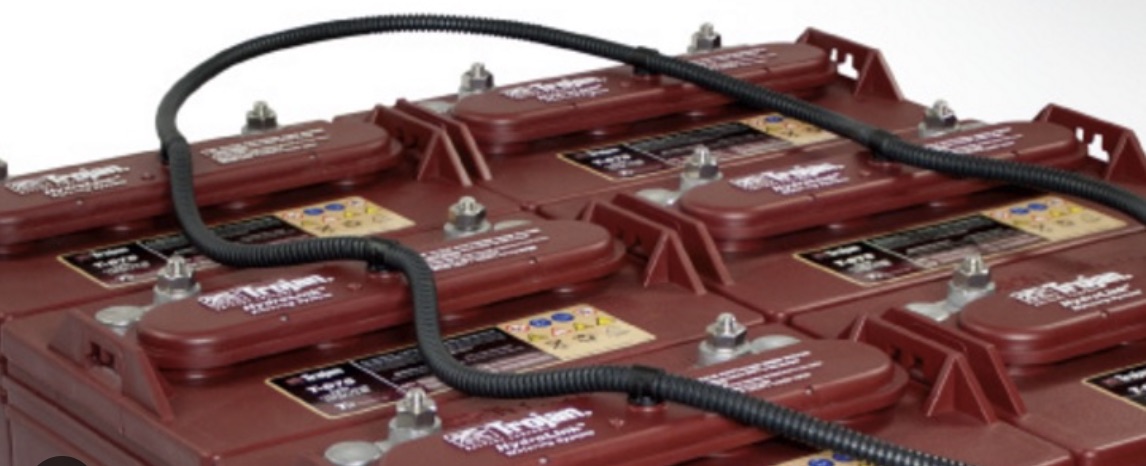When buying golf or personal transportation vehicle batteries, most people consider the voltage, amperage hours, range, and other operating parameters. And those are indeed important.
But you should also consider the manufacturer’s stability and the support services, whether you want a flooded lead-acid, AGM, gel or premium AGM battery with carbon additives.
Many battery start-ups, often based abroad, offer attractive pricing. But they may lack the design expertise, sophisticated manufacturing techniques and infrastructure needed to deliver long-lasting batteries, provide essential support services and avoid supply-chain problems.
Consider These Factors
How long has the company been in operation? That can run the gamut from a few months to 100 years. A company’s longevity demonstrates its ability to consistently provide quality products and services and adapt to changes and disruptions in the marketplace.
What kind of customer service does the company offer? Some companies offer little or nothing in this regard, leaving you to order batteries online and troubleshoot issues alone. Others, however, have developed networks of dealers and an international customer support line staffed by trained battery experts.
How are their batteries sold? Buying a battery from an online retailer can mean long and unexpected delivery delays and problems returning defective products. Look for a manufacturer with a global network of trained Authorized Dealers and Master Distributors available on its website in a searchable online database.
What kind of warranty does the company offer? Golf car battery warranties are protection plans that limit liability should certain things go wrong. However, a warranty is only as good as the company behind it. Your warranty may become worthless if a company goes out of business, as many start-ups do.
Where is the company headquarters? Well-established U.S.-based companies may have finetuned their manufacturing guidelines, products, and infrastructures to satisfy demanding North American customers. Overseas startups may still be playing catch-up.
Does the company have an international footprint? A company with an international footprint, offices in different regions and manufacturing facilities on several continents can often cut costs, improve flexibility and avoid supply-chain problems.
Finally, look for a company offering a complete product portfolio to meet your needs and fit your budgets.






